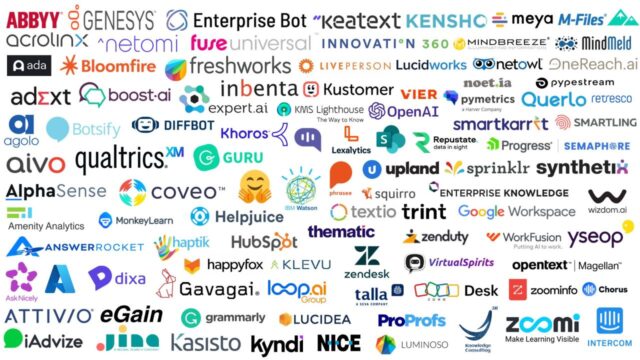
The role of AI in Knowledge Management [EKM series]
Editor’s note: This is a continuing serialisation of edited portions of Andre Saito’s PhD.
Knowledge engineering
One of the important areas of knowledge management is knowledge capture and representation. When building expert systems, knowledge engineering methodologies have used a variety of knowledge acquisition techniques for eliciting tacit knowledge from domain experts including:
- interviewing
- protocol analysis
- simulation
- personal construct theory
- card sorting
Traditionally, knowledge engineering was viewed as just the process of extracting it from the expert’s head and transporting it in computational form to a machine. Now knowledge engineering consists of conceptual modelling, independent of specific computational constructs and software implementations. As a result, modern knowledge engineering allows human expertise can be sensibly analyzed in terms of stable and generic categories, patterns, and structures of knowledge.
Data mining
Data mining uses statistical, mathematical, artificial intelligence and machine learning techniques to extract and identify useful information and subsequent knowledge from knowledge repositories as a series of relationships and trends. Data mining uses a range of approaches (depending on the aim) to extract relevant relationships in data such as:
- classification
- clustering
- association
- sequencing
- regression
- forecasting
These data mining approaches are supported by foundational methods and techniques including statistics, decision trees, case-based reasoning, neural computing, intelligent agents, and genetic algorithms.
Knowledge representation
In order to represent knowledge in repositories, a knowledge taxonomy and knowledge mapping typically serve as a framework on which a knowledge ontology can be built. Knowledge ontologies represent this acquired knowledge in the form of constructs such as:
- rules
- cases
- scripts
- frames/objects, and
- semantic networks
Knowledge ontologies are often used to build expert and other intelligent systems, and offer a way to cope with heterogeneous representations of web resources. Ontology models provide a unifying structure for giving information a common representation and semantics, which in turn facilitates knowledge sharing and reuse. Ontology models have been studied by several artificial intelligence communities, including knowledge engineering, natural-language processing, and knowledge representation. More recently, the use of ontologies has also become widespread in fields such as intelligent information integration, cooperative information systems, information retrieval, electronic commerce, and knowledge management.
Next edition: The role of library and information science in knowledge management.






